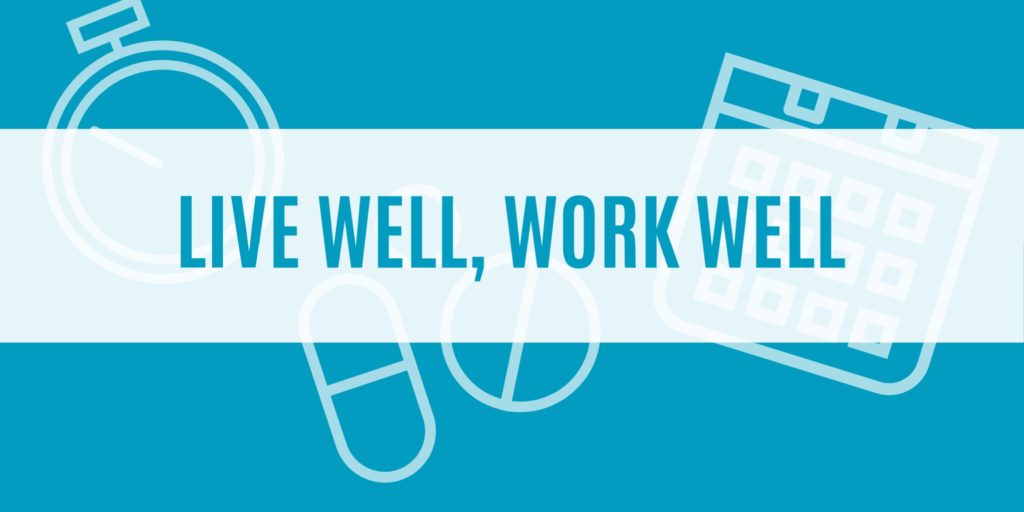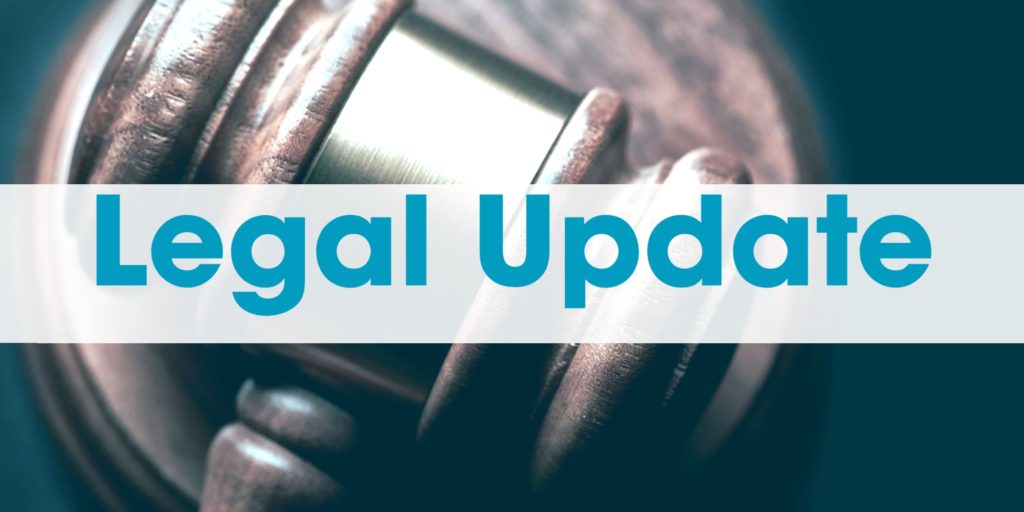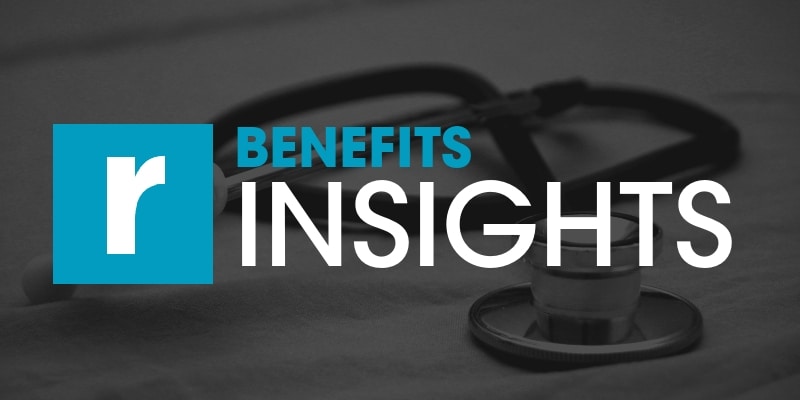09 Sep Substance Abuse and the COVID- 19 Pandemic
 Since the onset of the COVID-19 pandemic, public health officials have cautioned the public about the potential negative mental health effects caused by these uncertain times.
Since the onset of the COVID-19 pandemic, public health officials have cautioned the public about the potential negative mental health effects caused by these uncertain times.
Even though staying at home, self-quarantining or isolating when necessary, and social distancing are necessary for preventing the spread of COVID-19, these actions can increase mental health stress and conditions. Other pandemic-related stressors, such as financial strain, job loss and caregiving responsibilities, can also lead to poor mental health.
For those with substance abuse disorders or mental health conditions, these uncertain times can exacerbate a condition or cause a relapse.
09 Sep Live Well, Work Well – September 2020
 Live Well, Work Well - September 2020
Live Well, Work Well - September 2020
Choosing an Effective Hand Sanitizer
Hand hygiene is an important response to the COVID-19 pandemic. The Centers for Disease Control and Prevention (CDC) recommends washing hands with soap and water. If those aren’t available, using a hand sanitizer can help you avoid getting sick and spreading germs. Americans are having a hard time tracking hand sanitizer down; however, the CDC doesn’t recommend that people make their own product, as there’s a chance it could be ineffective or cause skin burns.09 Sep OSHA Safety Cornerstone – Third Quarter 2020

OSHA Safety Cornerstone - Third Quarter 2020
OSHA Reveals Increase in Whistleblower Complaints in the Midst of COVID-19
As the COVID-19 pandemic continues on, employee health and safety remains a top priority. Specifically, a key topic of concern has been whether workers who reported potential violations (e.g., a lack of social distancing or inadequate personal protective equipment) are being properly protected from employer retaliation.
08 Sep Open Enrollment 2021—Benefit Notices
 Employers that sponsor group health plans should provide certain benefit notices in connection with their plans’ open enrollment periods. Some of these notices must be provided at open enrollment time, such as the summary of benefits and coverage (SBC).
Other notices, such as the Women’s Health and Cancer Rights Act (WHCRA) notice, must be distributed annually. Although these annual notices may be provided at different times throughout the year, employers often choose to include them in their open enrollment materials for administrative convenience.
Employers that sponsor group health plans should provide certain benefit notices in connection with their plans’ open enrollment periods. Some of these notices must be provided at open enrollment time, such as the summary of benefits and coverage (SBC).
Other notices, such as the Women’s Health and Cancer Rights Act (WHCRA) notice, must be distributed annually. Although these annual notices may be provided at different times throughout the year, employers often choose to include them in their open enrollment materials for administrative convenience.


 On Sept. 4, 2020, California amended the list of occupations exempted from using the state’s employee classification test, also known as “the ABC test” (AB 5). When the ABC test is not required, including when an exemption applies, employers may need to revert to previous methods to determine whether a worker is an employee or an independent contractor.
On Sept. 4, 2020, California amended the list of occupations exempted from using the state’s employee classification test, also known as “the ABC test” (AB 5). When the ABC test is not required, including when an exemption applies, employers may need to revert to previous methods to determine whether a worker is an employee or an independent contractor. Health benefits costs are almost certainly going to rise in 2021. They’ve been trending upward for years—over 50% in the last decade, according to the Kaiser Family Foundation— and the current state of economic uncertainty over COVID-19 won’t slow things down.
Health benefits costs are almost certainly going to rise in 2021. They’ve been trending upward for years—over 50% in the last decade, according to the Kaiser Family Foundation— and the current state of economic uncertainty over COVID-19 won’t slow things down.